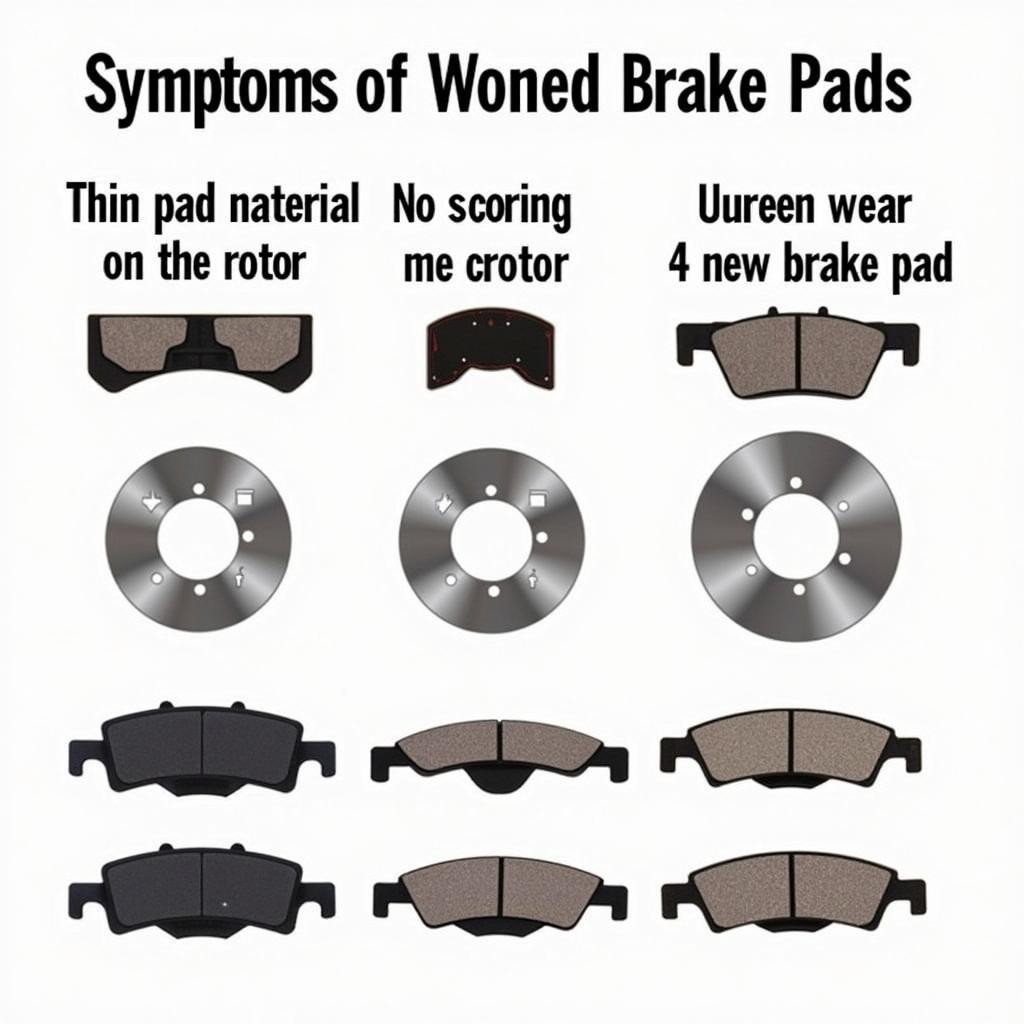Rear wheel drive cars, often abbreviated as RWD, offer a unique driving experience prized for performance and handling. However, like any mechanical system, they’re not immune to specific problems. Understanding these potential issues is crucial for both owners and mechanics to ensure optimal performance and longevity. Let’s delve into the common Problems With Rear Wheel Drive Cars and explore solutions.
Understanding the Basics of RWD Systems
Before we dive into the problems, let’s briefly touch on how RWD works. The engine sends power to the rear wheels via a driveshaft, differential, and axles. This setup allows for better weight distribution, improving acceleration and handling, especially in performance vehicles. However, this added complexity also introduces potential points of failure. For instance, the driveshaft can experience wear and tear, leading to vibrations. The differential, responsible for distributing power to the wheels, can develop leaks or make noise. You may find information on other car problems, such as those related to hybrid car generators and wheels, helpful in understanding the broader context of automotive issues. See do hybrid cars have problem with generators and wheels.
Common Problems with Rear Wheel Drive Cars: Diagnosis and Solutions
RWD cars can experience issues unique to their drivetrain configuration. Here’s a breakdown of common problems:
Differential Issues
- Leaks: Differential leaks can be messy and lead to costly repairs if ignored. These leaks typically occur around the seals and gaskets.
- Noise: Whining, humming, or clunking noises coming from the rear end often indicate worn differential gears or bearings.
- Limited Slip Differential (LSD) Problems: LSDs, designed to improve traction, can experience clutch pack wear, leading to reduced performance.
Driveshaft Troubles
- Vibrations: A vibrating driveshaft is often a sign of imbalance or worn u-joints. This can be felt throughout the vehicle, especially at higher speeds.
- Clunking Sounds: Clunking noises, particularly when shifting gears or accelerating, might point to a failing u-joint or worn center bearing.
Axle Problems
- Worn Axle Bearings: Worn axle bearings can cause humming or grinding noises, especially when turning.
- Bent Axles: Bent axles, often caused by impacts, can create vibrations and handling issues.
“A properly maintained RWD system can offer years of trouble-free performance,” says automotive expert, David Miller, ASE Certified Master Technician. “Regular inspections and fluid changes are key to preventing costly repairs.”
Traction Control Challenges in RWD
RWD cars can be more prone to oversteer, especially in slippery conditions. Modern traction control systems help mitigate this, but they can sometimes malfunction, leading to reduced stability.
Why Is My Rear Wheel Drive Car Fishtailing?
Fishtailing, where the rear end of the car slides sideways, is a common issue in RWD vehicles, especially in adverse weather. It’s often caused by loss of traction due to slippery roads, excessive speed, or abrupt steering inputs.
What are the issues you experience with hybrid cars? You can find out more about them on this page: [what are the problems with hybrid cars](https://autotippro.com/what are-the-problems-with-hybrid-cars/).
How to Improve Traction in RWD Cars
- Proper Tires: Using appropriate tires for the season is crucial. Winter tires offer significantly better grip in snow and ice.
- Smooth Inputs: Avoid sudden acceleration, braking, and steering inputs.
- Weight Distribution: Adding weight over the rear axle can improve traction in some situations, but it can also affect handling.
“Investing in high-quality tires designed for your driving conditions can significantly improve traction and safety in a rear-wheel-drive car,” advises Sarah Chen, a seasoned automotive journalist and driving instructor.
Conclusion
Problems with rear wheel drive cars can range from minor inconveniences to major repairs. Understanding the potential issues and addressing them proactively is essential for maintaining optimal performance and enjoying the driving experience that RWD offers. Regular maintenance and prompt attention to any unusual noises or vibrations can save you money and headaches down the road. For further assistance or if you’re experiencing specific issues, feel free to contact us at AutoTipPro. Our phone number is +1 (641) 206-8880, and our office is located at 500 N St Mary’s St, San Antonio, TX 78205, United States. We are here to help keep your RWD car running smoothly. You might also find helpful information about BMW car electrical problems by visiting bmw car electrical problems. Understanding electrical systems can be crucial for maintaining any vehicle.






Leave a Reply